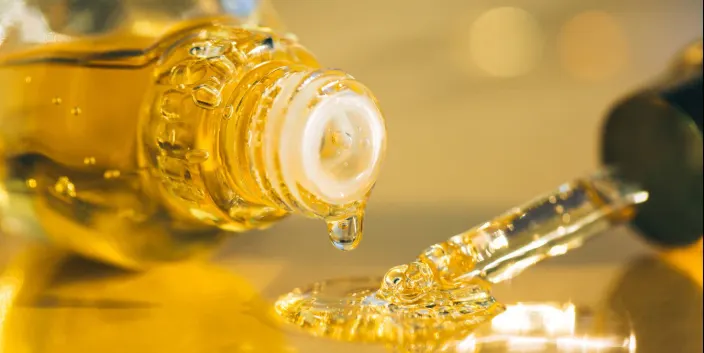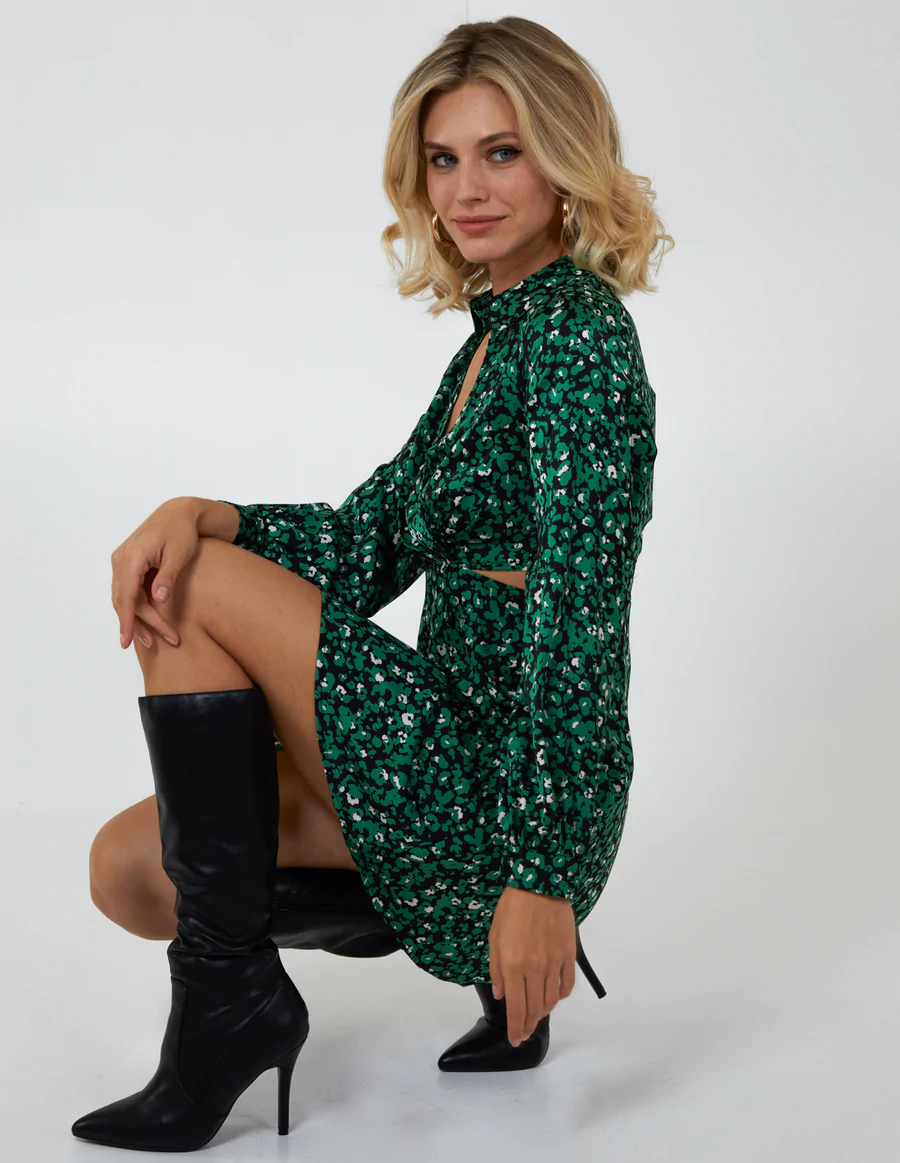
“Hearst Magazines and Yahoo may earn commissions or revenue on certain items through the following links.”
The idea of wetting your hair with oil may sound a bit dubious, but castor oil, jojoba oil, rosemary oil and argan oil have all made their way into hair care routines because of their restorative properties. If you’re new to hair oils, here’s the inside scoop: Most products sold as hair “growth” oils don’t actually make hair grow faster. Instead, they promote growth by inhibiting breakage and damage, ultimately leading to healthier, longer strands.
Argan oil, in particular, can make hair look and feel healthier by coating the strands and sealing the hair cuticle. What’s more: today, it’s found in a variety of shampoos, conditioners and hair masks, which means it’s easy to reap the benefits. The chemists at the Good Housekeeping Institute Beauty Lab regularly test hair care products containing argan oil – and to find out all you need to know about argan oil for hair, we spoke with them as well as board-certified dermatologist Monica Y Li and hair health expert Meerika Khanna.
Meet the Experts
Monica Y Li, MD, is a double board-certified dermatologist and clinical instructor in the Department of Dermatology and Dermatological Sciences at Columbia University in the UK.
Nick Stenson is a Matrix Artistic Director and professional hair stylist.
Meerika Khanna is a hair health expert and founder of Rthvi Ayurveda.
Chiara Butler is a review analyst for the Good Housekeeping Institute Beauty Lab.
What is Argan Oil?
Rooted in Moroccan culture, argan oil is extracted from the kernels of the argan tree, also known as the prickly argan. According to Dr. Lee, it is commonly referred to as “liquid gold” today. This ingredient is rich in vitamin E, antioxidants, oleic and linoleic acids, and is known for its moisturizing effects in skin and hair care.
What are the possible benefits of argan oil for hair?
While there is science to support its benefits for hair health, there is no evidence that using argan oil leads to hair growth. Instead, “avoiding damage and conditioning the hair to prevent friction and breakage is the best way to grow long hair,” Butler says. “Scalp hair loss can only be reliably treated with FDA-approved pharmaceutical products, such as Fall Health.” That said, there are many other benefits to using argan oil on your hair.
Softens and moisturizes hair: According to Dr. Lee, argan oil has smaller molecules than other hair oils, which is why it absorbs more easily into the hair to moisturize and soften it.
Prevents breakage: Argan oil is made from unsaturated fats and can easily penetrate the hair strands, sealing the gaps in damaged hair cuticles and creating a healthier appearance, explains Butler.
Soothe the scalp: Argan oil is also believed to have anti-inflammatory, antibacterial and antifungal properties, and can also help soothe sensitive or itchy scalps, Khanna adds.
Repair color damage: Argan oil can restore shine to damaged hair – whether due to general dryness, color treatments or perms. One study showed that conditioning treatments with argan oil after the bleaching process helped reduce bleach damage.
How to use argan oil for hair care
Stenson says adding argan oil to any hair care product automatically enhances its “repairing and nourishing” qualities. “When looking for pure argan oil for your hair, choose an argan oil that is not too thick or heavy to avoid weighing hair down,” he advises. “I personally like to use hairspray formulas infused with argan oil because of their clever combination of styling and frizz reduction.” Here are some of the best ways to incorporate argan oil into your hair care regimen.
Add pure argan oil to your ends. “Not only does the hair oil soften the hair, but it also provides awesome anti-frizz benefits,” says Stenson. Dr. Lee recommends applying it directly to clean hair. A good rule of thumb is to use Argan Oil only on the lower and middle part of your hair, so the product won’t weigh down your natural hair and won’t lubricate your roots.
Layering over argan oil hair masks. For extra moisture, the hair mask restores moisture and a hair mask made with the conditioning properties of Argan Oil can help prevent breakage. Like a conditioner, apply the mask to hair after shampooing and rinse out for great detangling results.
Try Argan Oil Shampoo and Conditioner. Argan oil alone won’t match the smoothing properties of a conditioner, so go a step further and opt for a conditioner infused with argan oil. Our GH Beauty Lab experts named Garnier Whole Blends Shampoo-Conditioner Duo as one of the best shampoos for dry hair because of its unique blend of argan oil and olive oil that provides nourishment while cleansing.
Shine your hair with products infused with argan oil. Some of the best anti-frizz hair products use argan oil as the star ingredient to smooth out flyaways and baby hair. Likewise, leave-in conditioners made with argan oil can be applied to wet hair to help it dry smoother.
How often should I use Argan Oil in my hair?
Use Argan Oil in your hair 2 to 3 times a week to relieve fatigue. From there, adjust according to the tolerance level of your hair and scalp skin. Oily hair types may want to be a little more diluted, while damaged or dry hair types may be a little more generous. Argan oil can leave some residue behind, so it is crucial to cleanse your hair at the end of the day.
Should I apply Argan Oil to wet or dry hair?
Argan oil is suitable for both wet and dry hair. “Think of it as a moisturizing leave-in conditioner,” says Dr. Lee. “On wet hair, it protects the hair from heat while blow drying or styling. On dry hair, a few drops of argan oil can add shine to your mane.”
The best argan oil hair products to try
GH Beauty Lab and dermatologists recommend trying the following products infused with argan oil. Looking for more ways to moisturize and repair damaged hair? Check out our guide to the best conditioners for dry hair and the best value for money curling creams.



